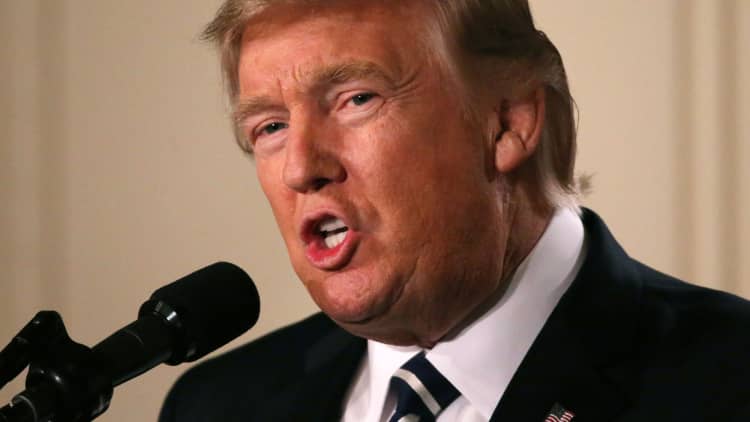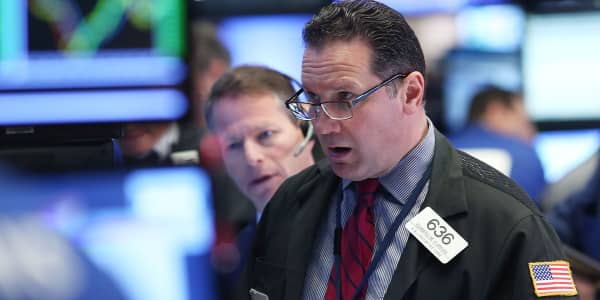
No matter what ultimately happens with the Labor Department's investor protection rule, there's a lot more coming out of Washington that financial advisors will want to keep an eye on.
Rules are in progress related to reporting money laundering and business continuity, among other topics, industry experts told advisors Wednesday at the TD Ameritrade National Linc conference in San Diego.
Among the issues to watch:
Anti-money laundering responsibilities
Proposed rules from the Department of Treasury's Financial Crimes Enforcement Network (aka Fincen) would require many investment advisors to take steps to prevent their firms from being used to launder money, and to report any suspicious activity. The future of the rule, proposed in 2015, is unlikely to change under the Trump administration, said Karen Barr, president and chief executive officer of the Investment Adviser Association.
"This is one of the few rules that we can talk about, that there's nothing partisan to it," she said. "It's a bipartisan issue."
Business continuity
The Securities and Exchange Commission issued a proposed rule last year requiring advisors to adopt written business continuity and transition plans, to protect consumers from disruptions both external (say, a hurricane) and internal (the death of the advisor).
Having such a plan is common sense and can make clients more comfortable working with you, said Karen Nystrom, director of advocacy at the Financial Planning Association.
"I would hope that this isn't a partisan idea, either," said Nystrom. "It's what happens if something happens to you."
The average age of FPA-member advisors, she pointed out, is 53.
It's also worth noting that if the rule goes through and you don't have a plan, that would be considered fraud, said Skip Schweiss, managing director of advisor advocacy and industry affairs for TD Ameritrade Institutional.
"That's a pretty big, serious hammer to hold over you if you don't have it," he said.
SEC reviews
"The good news about our industry is that it's growing," said Barr at the Investment Adviser Association. "The collateral effect of that, however, is that the SEC has more and more investment advisors to examine."
Several proposals have been tossed around over the years on how the commission could keep pace on examinations she said, including handing responsibility to a self-regulatory group such as Finra, charging advisors fees to the SEC for examinations or hiring independent third-parties to conduct them. It's unclear where this issue could go in a new administration, she said.
"We said we believe exams are a government function, and the SEC should do them," Barr said. "Period. Full stop."





